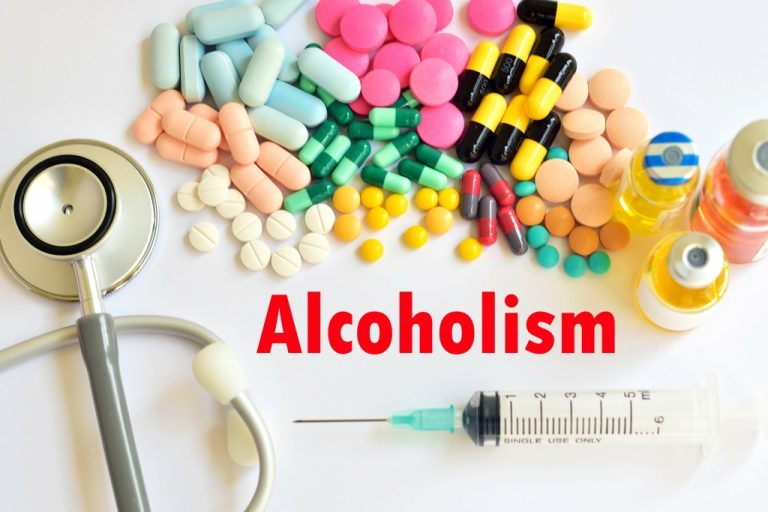Research has shown that some people with mild symptoms of intolerance can get used to the symptoms of excess acetaldehyde in their bodies. However, acetaldehyde is still highly toxic and can significantly increase the risk
Research has shown that some people with mild symptoms of intolerance can get used to the symptoms of excess acetaldehyde in their bodies. However, acetaldehyde is still highly toxic and can significantly increase the risk of cancer. Alcohol intolerance is a rare condition in which your body cannot process alcohol correctly, leading to a build-up of a chemical called acetaldehyde. High levels of acetaldehyde are what cause the unpleasant symptoms of alcohol intolerance. For mild intolerances, you should either avoid alcohol, limit how much you drink or avoid certain types of alcohol with ingredients that may cause a reaction. However, if you have a serious allergy-like reaction following drinking alcohol, consult a medical professional.
- An alcohol allergy is a rare toxic reaction to alcohol that can be fatal in rare cases.
- Plus, avoiding alcohol lowers your risk for cancer and other serious diseases.
- It is okay to have drinks in moderation if you are a healthy individual.
- Your body may also start to reject alcohol later in life because as you age and your body changes, the way you respond to alcohol can also change.
If any of these are positive, it would mean you have an allergy to alcohol. These include grains like wheat, barley, and rye used to make beer, which can affect people with celiac disease, non-celiac gluten sensitivity, and wheat allergies. Red wine contains high levels of histamine what causes alcohol intolerance and may cause headaches, congestion, and itching in people with histamine intolerance. If you develop symptoms after drinking alcohol, make an appointment with your doctor. Depending on your symptoms, they might refer you to an allergist for testing and treatment.
Alcohol Allergies and Intolerance
The color change will generally be quite noticeable and affect your entire face. You may notice a feeling of warmth in the skin of your face as the blood flow increases. Some people with Hodgkin’s lymphoma experience pain after drinking alcohol.

This is the same chemical involved in allergic reactions in the body. The symptoms of histamine intolerance are similar to an allergic reaction. For example, potential symptoms include red and itchy skin, nasal congestion, shortness of breath, abdominal pain, and diarrhea. Some people experience flushing, headaches, and nausea shortly after drinking alcohol.
Environmental-dependent tolerance
An alcohol allergy is a rare toxic reaction to alcohol that can be fatal in rare cases. Often, what people consider to be an alcohol allergy is, in fact, alcohol intolerance. If trace amounts of any of the above compounds are consumed in a drink by someone with a sensitivity, they will develop symptoms.
- Some people may incorrectly assume they are allergic to alcohol, when in fact they are actually reacting to other components of alcoholic drinks.
- However, they can come on suddenly, and a person could develop an alcohol allergy at any point in their life.
- COVID-19 is a new disease, and much research is still being done on its long-term effects.
- Instead, you should seek help from an immunologist at a specialist allergy clinic.
- Some people with ADH enzyme variants may not even notice any symptoms, while others will have the same symptoms they would have with ALDH2 deficiency.
- If you have an alcohol intolerance (or a lowered tolerance) but are struggling to give up alcohol, get in touch with Ria Health for further advice and guidance.
Alcohol prevents the body’s baroreceptors from detecting a need to stretch the blood vessels and increase their diameter, causing an increase in blood pressure. When blood pressure decreases, these receptors help minimize how much the blood vessels stretch to increase blood pressure. Similarly, when blood pressure increases, these receptors increase the stretching of the blood vessel walls in order to decrease blood pressure. Alcohol increases blood levels of the hormone renin, which causes the blood vessels to constrict. Renin also decreases how much fluid the body eliminates as urine.
Yeast Allergies
While just about anything can trigger an allergic reaction, some things (like a bee sting, peanuts, and certain foods) are more likely to trigger allergic reactions than others. Decreasing or eliminating your alcohol intake can lower your chances of developing high blood pressure. It’s important to have regular physical exams, since hypertension is painless and many people don’t even know they have it. Talk to your healthcare provider to discuss your risk factors and if it is safe for you to drink alcohol, even in moderation.

